SLOVAK Prime Minister Fico ADMITS Zelensky tried to BRIBE into Ukrainian-NATO Membership
Slovak PM Fico Admits Zelensky Tried to Bribe Him into Ukrainian-NATO Membership
In a stunning revelation, Slovakia’s Prime Minister, Robert Fico, has openly admitted that Ukrainian President Volodymyr Zelensky attempted to bribe him in an effort to secure Slovakia’s support for Ukraine’s NATO membership. According to Fico, Zelensky proposed offering 500 million Euros from frozen Russian assets in exchange for Slovakia’s vote in favor of Ukraine’s NATO membership, a proposal Fico rejected emphatically. This admission has sparked a firestorm of controversy, raising questions about the ethics of diplomatic negotiations and the role of financial incentives in global geopolitics.
Fico, who has been a vocal critic of Ukraine’s NATO aspirations, made the admission during a recent interview, revealing details about the conversation he had with Zelensky. Fico’s candid response has fueled the debate over Ukraine’s place in NATO and the broader implications of the war in Ukraine, particularly in relation to the role of NATO member countries in shaping the future of Eastern Europe.
The Context: Ukraine’s NATO Ambitions
Ukraine’s desire to join NATO has been a central issue since Russia’s annexation of Crimea in 2014. The country’s aspirations to join the Western military alliance intensified following Russia’s full-scale invasion of Ukraine in February 2022. Ukrainian officials, including President Zelensky, have long advocated for NATO membership as a means of securing Ukraine’s sovereignty and territorial integrity in the face of Russian aggression.
For NATO, however, admitting Ukraine is a delicate matter. While the alliance has provided Ukraine with military support, especially after the Russian invasion, membership has remained a contentious issue. Several NATO members, including the United States and European countries, have expressed concerns about the potential for escalating the conflict with Russia, as the Kremlin has made clear its opposition to Ukraine joining the alliance. At the same time, there are members within NATO who argue that Ukraine’s membership would strengthen the alliance and provide long-term security for Europe.
Slovakia, which shares a border with both Ukraine and Russia, has been a key player in the debate over Ukraine’s NATO bid. While Slovakia has been supportive of Ukraine’s right to defend itself against Russian aggression, Fico has been skeptical of Ukraine’s NATO membership, citing the risks of provoking further escalation with Russia and the challenges of integrating Ukraine into the alliance amidst an ongoing war.
The Bribe Allegation: Fico’s Admission
In a recent interview, Robert Fico revealed a conversation he had with President Zelensky that has now become the subject of intense scrutiny. Fico claimed that Zelensky directly asked him if Slovakia would support Ukraine’s NATO membership in exchange for a significant financial incentive: 500 million Euros from the proceeds of Russian assets frozen by Western nations. According to Fico, Zelensky made the offer in a bid to secure Slovakia’s vote, which could have been crucial in advancing Ukraine’s NATO ambitions.
Fico’s response to the proposal was unequivocal. He stated that he rejected Zelensky’s offer outright, saying: “Mr. Zelensky asked me if I would vote for Ukraine’s membership in NATO if he gave me 500 million Euros from the proceeds of frozen Russian assets. I, of course, answered: ‘NEVER.’ Inviting Ukraine to NATO is completely unrealistic.”
The revelation has sent shockwaves through both the Slovak and international political communities. While it is not uncommon for financial incentives to be used in international diplomacy, Fico’s disclosure highlights the lengths to which some leaders might go to secure support for their geopolitical goals. The proposed bribe, if proven true, raises significant ethical and legal questions about the use of financial leverage in foreign policy and the potential consequences for international relations.
Reactions to Fico’s Revelation
Fico’s admission has prompted strong reactions from both Ukrainian and Western officials. Ukrainian leaders have denied the allegations, with Zelensky’s office calling the claim “false” and “misleading.” Ukrainian officials argue that the country’s NATO ambitions are not based on financial deals but on the strategic need to ensure Ukraine’s security and stability in the face of Russian aggression. The Ukrainian government has also expressed concern that the revelation could undermine support for Ukraine’s NATO aspirations, particularly within EU countries that are divided on the issue.
Western officials, including NATO leaders, have been cautious in their response to Fico’s comments. Some diplomats have voiced concerns that such statements could fuel further division within NATO and may complicate efforts to support Ukraine. The issue of Ukraine’s NATO membership remains one of the most sensitive and complex topics in global geopolitics, with differing views on how best to respond to the ongoing war.
Fico’s own political opponents have seized on the admission, accusing him of undermining Slovakia’s diplomatic standing and potentially damaging the country’s relationship with its NATO allies. Critics argue that Fico’s rejection of Ukraine’s NATO membership, particularly in light of the alleged bribery attempt, could isolate Slovakia from the broader Western alliance and weaken its position in future negotiations over European security.
The Ethics of Financial Incentives in Diplomacy
Fico’s allegations, whether fully accurate or not, have highlighted the ethical dilemmas that often arise in international diplomacy. The use of financial incentives to sway political decisions is not new, but it raises significant questions about the integrity of diplomatic processes. While countries regularly engage in negotiations involving trade deals, foreign aid, and defense support, the line between legitimate diplomacy and coercive tactics can be difficult to draw.
The concept of “bribery” in international politics is murky, as countries often offer economic or military assistance as part of broader agreements. However, when such offers are made in exchange for specific political outcomes, such as a vote on NATO membership, the situation becomes more complicated. Critics argue that financial inducements should not play a central role in determining a country’s foreign policy decisions, especially when it comes to matters as critical as military alliances and national security.
Fico’s admission also raises broader questions about the future of NATO expansion. Ukraine’s bid to join NATO has been met with varying degrees of support, and financial or political incentives may become more common as Ukraine continues to seek Western assistance in its war against Russia. This could create a dangerous precedent, where countries might use financial leverage to influence NATO’s decisions, potentially undermining the integrity of the alliance.
Implications for Slovakia and Ukraine
For Slovakia, Fico’s admission could have significant domestic and international consequences. As a member of NATO and the European Union, Slovakia’s position on Ukraine’s NATO membership carries weight in diplomatic circles. Fico’s rejection of Zelensky’s alleged offer could alienate Slovakia from some of its NATO allies, particularly those who support Ukraine’s integration into the alliance. At the same time, Slovakia’s position could win it favor with Russia and other countries skeptical of NATO’s expansion.
For Ukraine, the revelation is likely to complicate its efforts to gain NATO membership. With NATO divided on the issue of Ukraine’s accession, Fico’s statement may serve as a reminder of the challenges Ukraine faces in its quest to join the alliance. The fact that some leaders are willing to resort to financial incentives underscores the intense pressure Ukraine is under to secure support for its membership bid.
Conclusion: A Complex Diplomatic Landscape
The revelation by Slovak Prime Minister Robert Fico about his conversation with Ukrainian President Zelensky has exposed the complexities of international diplomacy, especially in the context of NATO’s expansion and the ongoing war in Ukraine. Fico’s rejection of the alleged bribe underscores the delicate balance that many countries must strike when navigating global alliances and the often murky world of foreign policy negotiations.
As Ukraine continues its fight for survival against Russia, its pursuit of NATO membership remains a key issue on the global stage. However, revelations like this highlight the challenges Ukraine faces not only on the battlefield but also in securing the diplomatic support it needs from its allies. The growing role of financial incentives in diplomacy, and the ethical implications of such offers, will continue to shape the future of international relations as the conflict in Ukraine evolves.
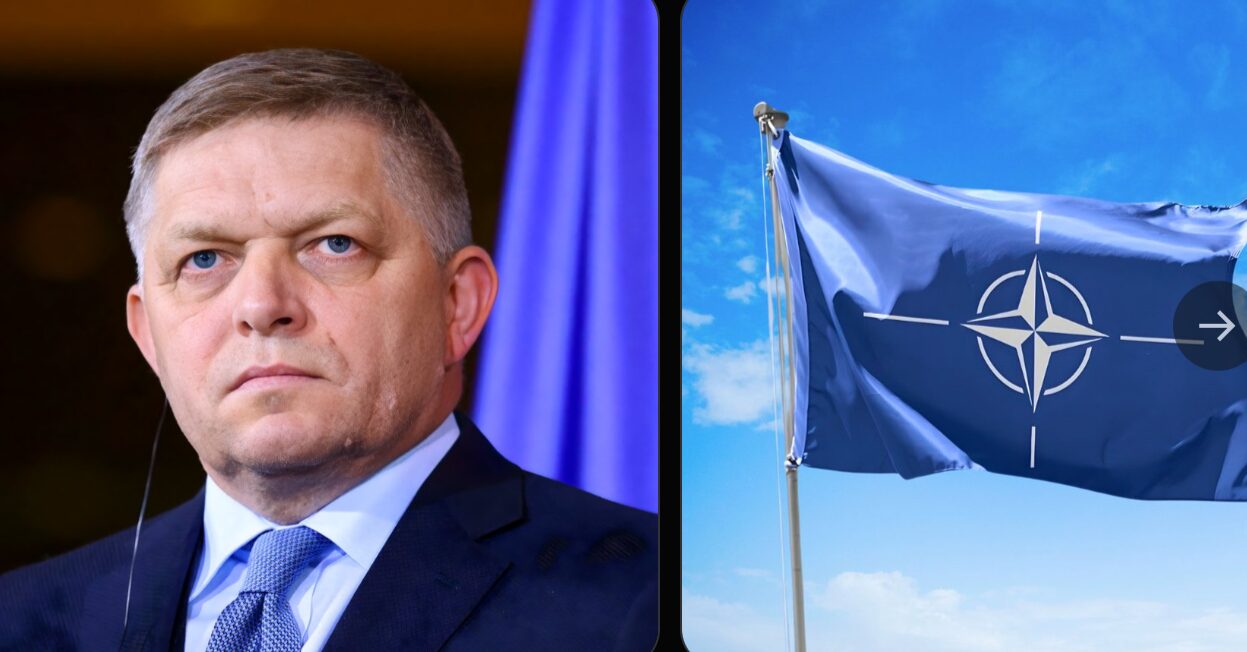

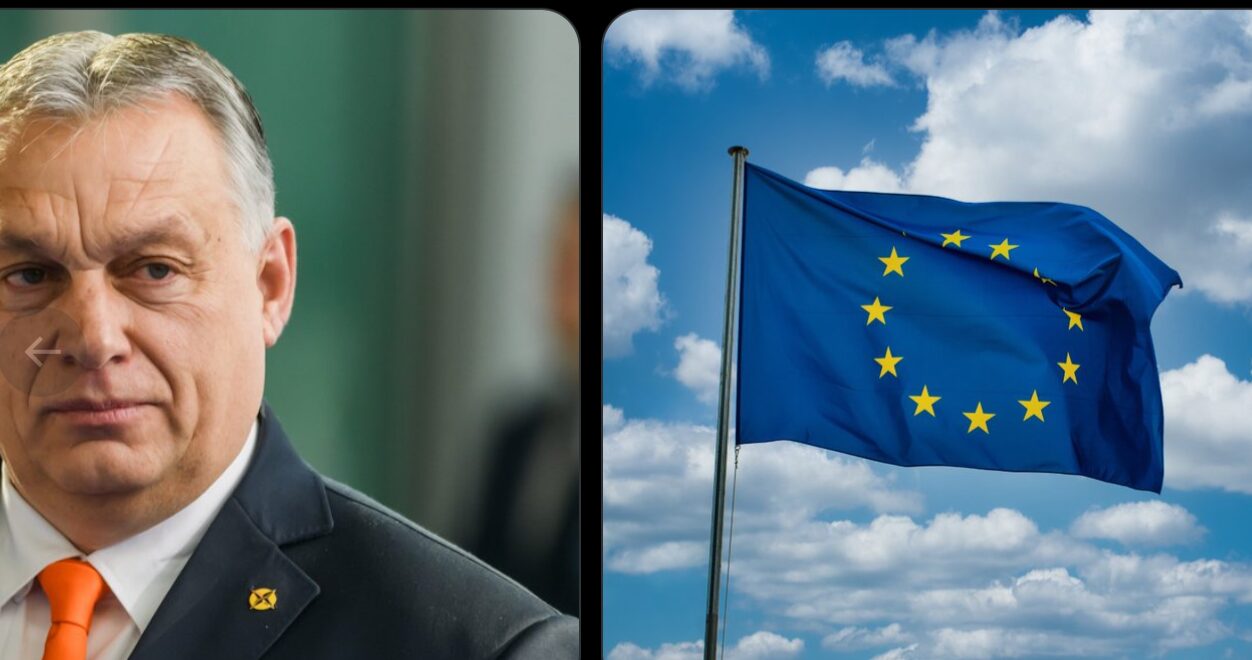
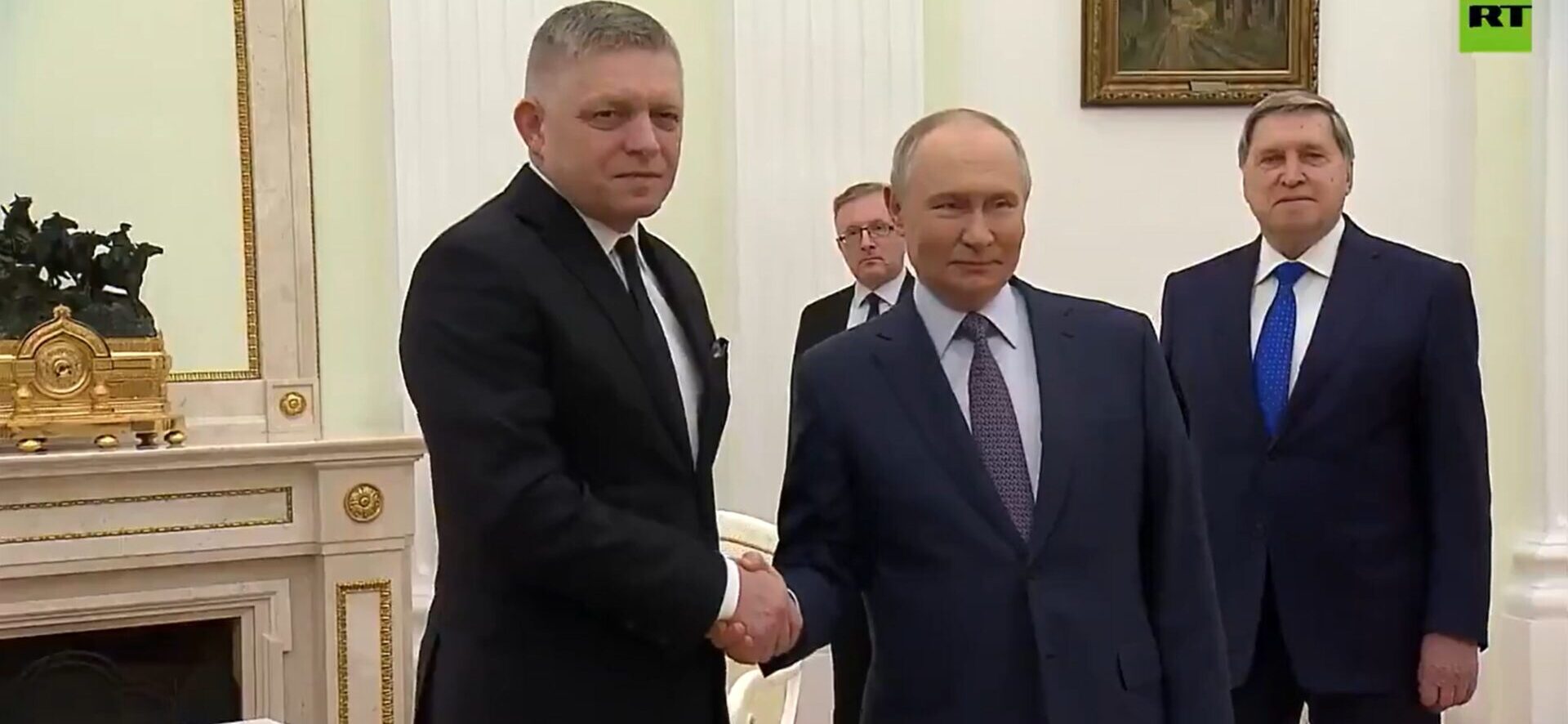

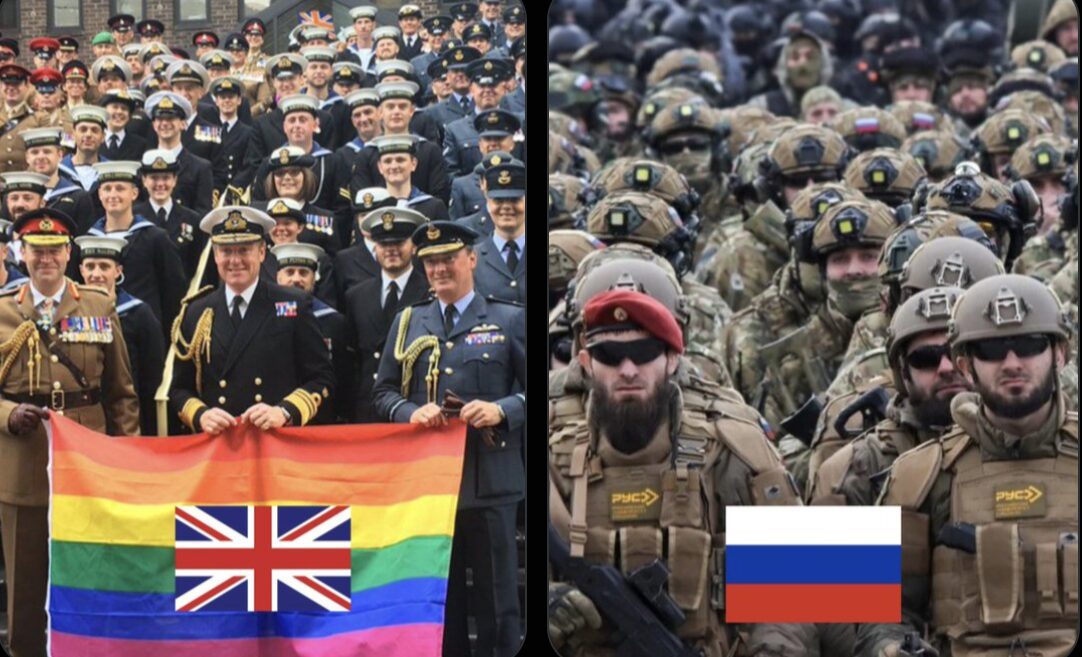
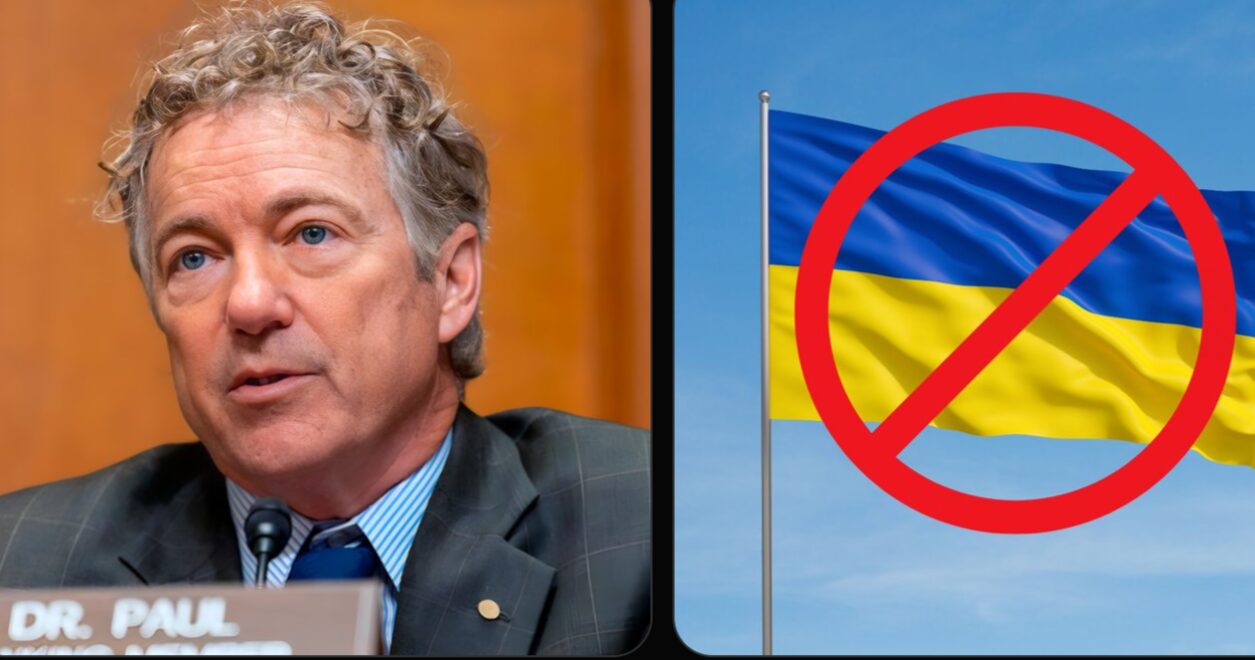
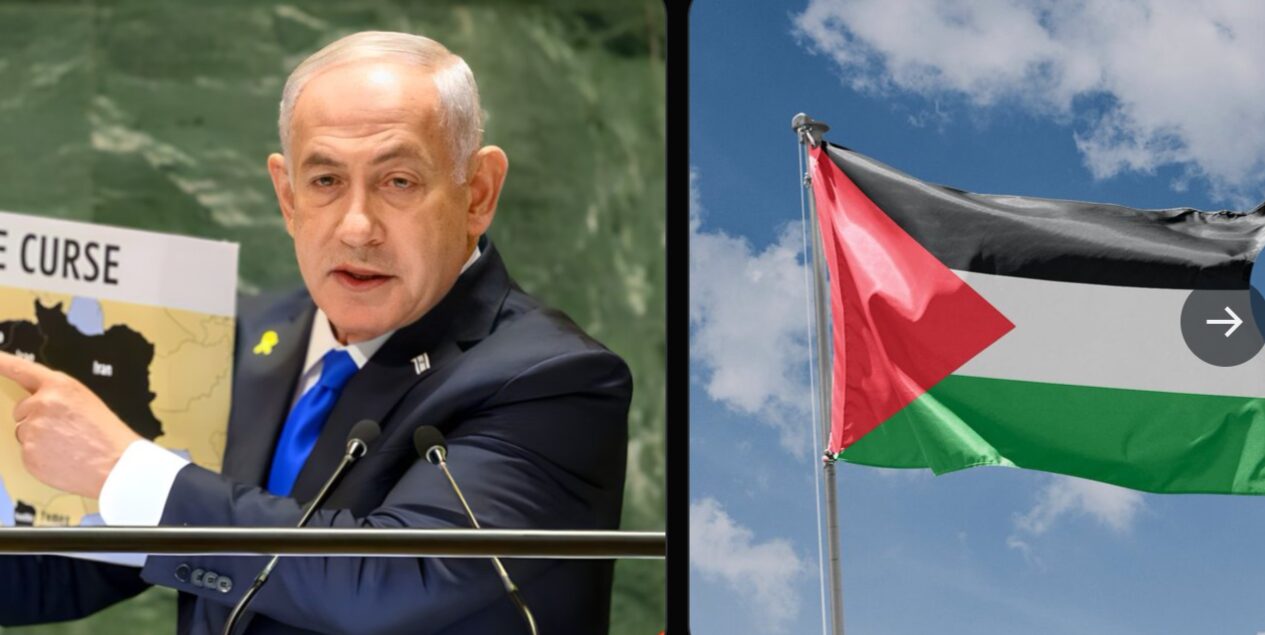
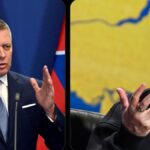








Post Comment